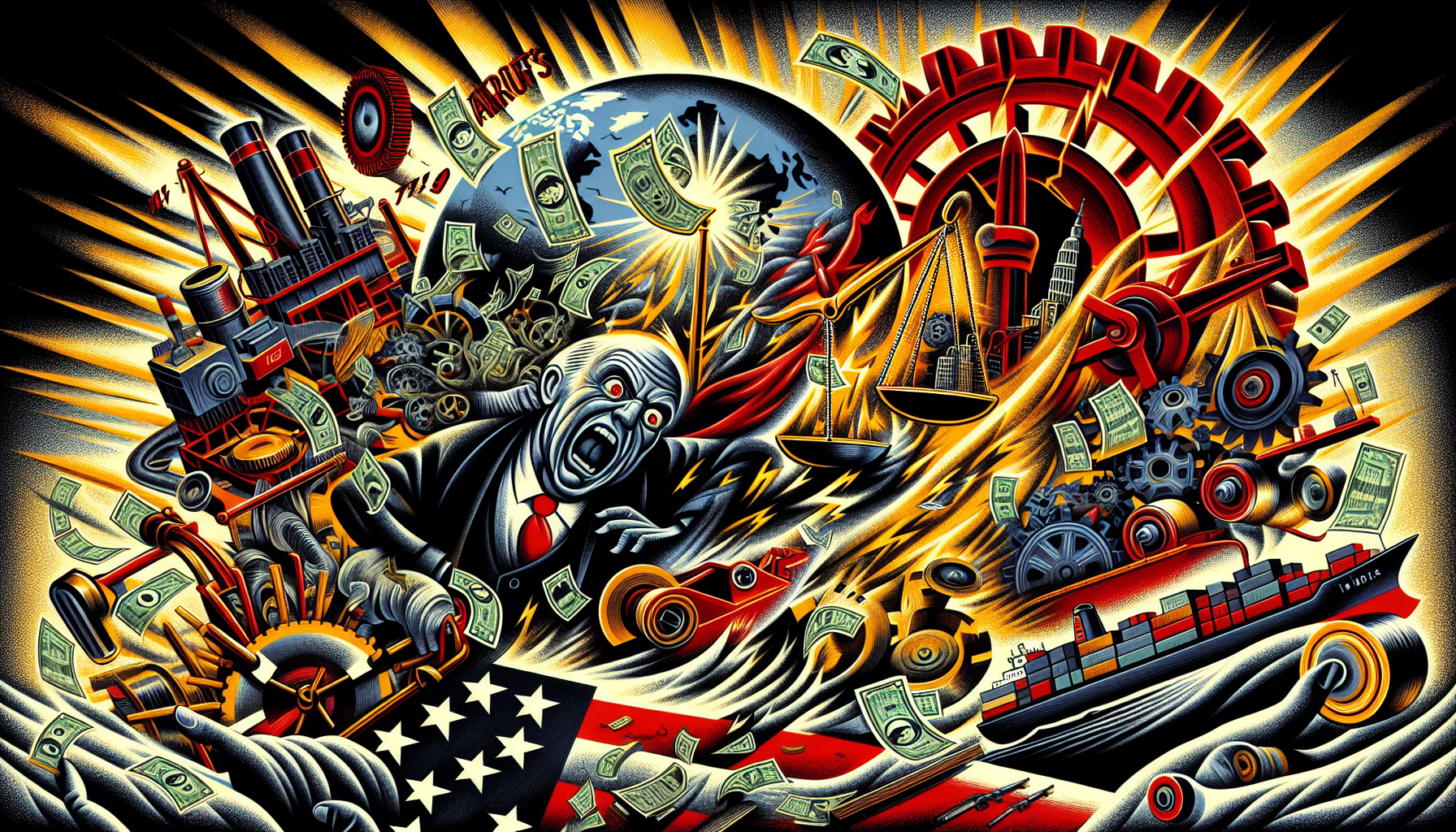
tl;dr
President Trump's sweeping tariffs on pharmaceuticals, trucks, and furniture have triggered global market jitters, favoring U.S. manufacturers while raising concerns about supply chain chaos and investor uncertainty.
President Donald Trump’s recent imposition of sweeping tariffs on a range of goods has sent ripples through global markets, underscoring the enduring influence of his trade policies on both corporate strategies and investor sentiment. The new levies, effective October 1, target pharmaceuticals, heavy trucks, kitchen cabinets, and furniture, marking another escalation in his approach to reshaping U.S. manufacturing and protecting domestic industries.
The most contentious of these measures is the 100% tariff on imported branded or patented pharmaceutical products, a move that excludes generic drugs, which account for over 90% of prescriptions filled in the U.S. according to the Food and Drug Administration (FDA). Trump’s rationale hinges on incentivizing domestic production, with exemptions granted to companies “building” manufacturing plants in the country—defined as those “breaking ground” or “under construction.” This has created a clear incentive for major pharmaceutical firms, including AstraZeneca, Roche, Novartis, Sanofi, Eli Lilly, and Johnson & Johnson, to accelerate U.S. expansion plans. Analysts at Citi noted that this exemption could ease concerns among biopharma investors, as many large-cap companies have already announced significant domestic investments.
The tariffs extend beyond pharmaceuticals, with a 25% duty on heavy trucks and 50% levies on kitchen cabinets and bathroom vanities, citing national security and unfair foreign competition. Trump framed the measures as essential for safeguarding U.S. manufacturers like Peterbilt, Freightliner, and Mack Trucks, arguing that protecting the trucking industry is critical for “national security.” Similarly, the 30% tax on upholstered furniture was justified as a response to what the administration calls “foreign dumping” of these products into the U.S. market.
The market’s reaction has been mixed. Shares of furniture and home-furnishings companies declined on Friday, reflecting investor anxiety over the potential for supply chain disruptions and higher costs. However, the exemptions for U.S.-based manufacturers have provided some relief, particularly for firms with existing expansion strategies. This dichotomy highlights the complex interplay between protectionism and corporate adaptability.
For investors, the latest tariffs serve as a stark reminder of the volatility that trade policy can introduce. While some sectors may benefit from reduced foreign competition, others face heightened uncertainty. The emphasis on “national security” as a justification for these measures also signals a broader trend of leveraging geopolitical concerns to justify trade barriers—a strategy that could further complicate international trade relations.
As Trump’s administration continues to refine its approach, the focus will remain on how companies navigate these evolving regulations. The balance between fostering domestic manufacturing and mitigating the economic fallout of tariffs will likely shape the next phase of his trade agenda, with implications for markets worldwide. For now, the message is clear: in an era of shifting trade policies, adaptability and foresight are more crucial than ever for investors and corporations alike.